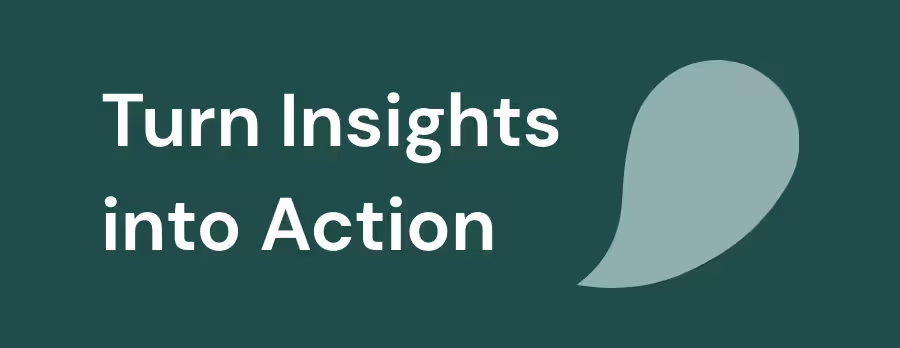You’re an HR professional and already convinced of the value of implementing a mental health strategy in your organization? You’re right—mental well-being is the foundation of sustainable growth.
Now comes the harder part: convincing your leadership team of the many benefits of such an initiative. To help you, Teale has gathered five key arguments to explain, persuade, and reassure your executive committee (CODIR).
1. Show Why Mental Health Has Become a Workplace Essential
Even before the pandemic, stress levels among employees were rising. Severe cases leading to depressive disorders increased by 50% over the last seven years.
The pandemic acted as an accelerator: it helped normalize conversations around mental health, long considered taboo. Employees began voicing their needs more openly. For example, a French survey (OpinionWay) showed that 76% of employees expect their employer to take a clear stance on mental well-being.
Taking action is no longer optional—it’s now seen as a duty for employers and a core HR trend for the years ahead.
2. Draw the Parallel With Physical Health
We don’t wait until we’re sick to take care of our physical health. We try to eat well, we’re advised to exercise regularly, we brush our teeth several times a day.
But what do we do on a daily basis for mental health? This is where the company’s role as a facilitator and driver of change becomes critical.
Mental health isn’t just about illness—it includes stress, sleep, grief, addictions (like alcohol use), and other challenges that can affect anyone (executives included). All of these directly impact professional life.
The World Health Organization (WHO) defines mental health as “a state of well-being in which an individual realizes his or her own abilities, can cope with the normal stresses of life, can work productively and fruitfully, and is able to contribute to his or her community.”
This makes it clear: mental health is about much more than illness—it encompasses self-realization, relationships, and work fulfillment.
3. Stress the Urgency and the ROI
Every organization has been impacted by recent crises. Use your company’s context to show how it concretely affects your teams’ mental health—and therefore the health of the business.
- A fast-growing tech company? Beware of employee burnout, overcommitment, and poor work-life balance.
- A company facing supply shortages? Watch for the mental load on those negotiating under pressure.
- A business in low or negative growth? Risk of disengagement, boredom, and anxiety that may trigger turnover.
Back up your case with data and testimonials (from occupational health professionals, for instance). Show that these issues directly affect the financial health of the company:
According to Deloitte, mental health challenges cost businesses an average of €3,000 per employee per year, due to:
- Turnover (20%) – unwanted departures,
- Absenteeism (15%) – burnouts and sick leave,
- Presenteeism (65%) – employees present but distracted by personal struggles.
The message: inaction has a massive financial cost.
4. Show You Have a Plan
Don’t show up at your executive meeting empty-handed. Prove that you’ve thought through the project with a clear action plan:
- Timeline,
- Budget estimates,
- Specific initiatives,
- Deployment roadmap,
- Tracking tools,
- Evidence of ROI.
This will reassure your leadership of your ability to deliver.
Our recommendation: combine individual and collective approaches. Mental health is complex—an individual approach empowers each employee to take charge of their well-being (a key driver of engagement), while a collective approach allows you to address systemic issues, intervene early, and shape company culture in a sustainable way.
Need an extra boost? Teale helps HR teams package projects for leadership presentations.
5. Leverage External Partners
Don’t do it alone—external partners save you time and energy. They help you structure your initiatives, co-design solutions tailored to your organization, and guide the rollout.
As one HR leader at 360Learning shared: “Beyond helping us with deployment strategy, involving an external provider made it easier for employees to open up.”
That’s exactly what we provide at Teale with our holistic solution (inspired by cognitive-behavioral therapies):
- Individual support to empower every employee,
- Collective interventions to identify and tackle systemic challenges.
Our approach includes:
- A kick-off phase to understand your challenges,
- A communication campaign in your company’s voice,
- A tailored deployment program,
- Regular progress reviews.
We also make data central: with a personalized dashboard, you can set measurable goals and track progress—something your leadership team will value.
Final Word
With these arguments, you’re equipped to secure leadership buy-in for a robust mental health strategy.
Now it’s your turn to act—and we’re here to support you every step of the way.





